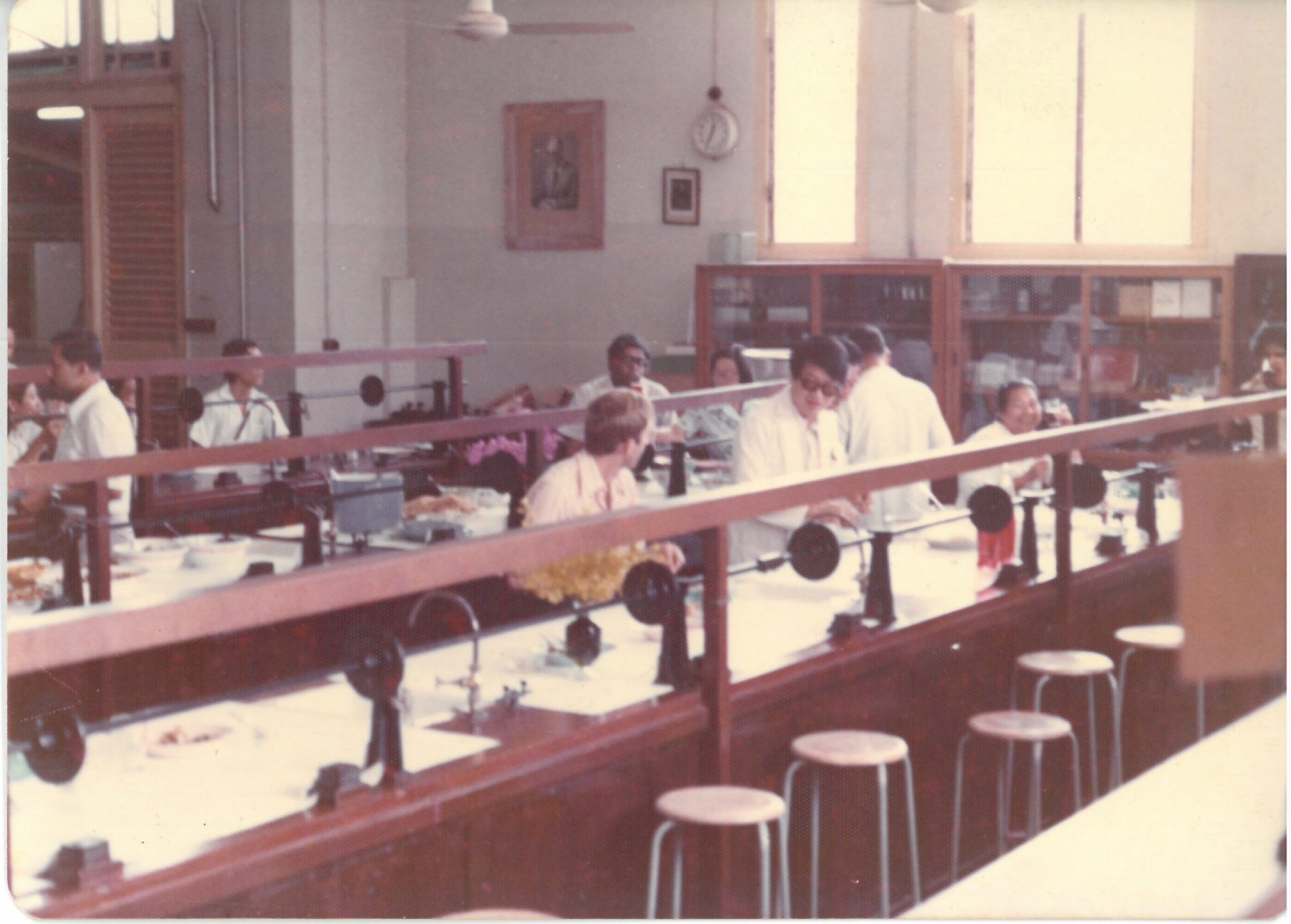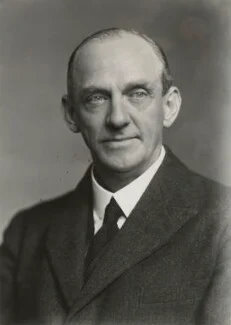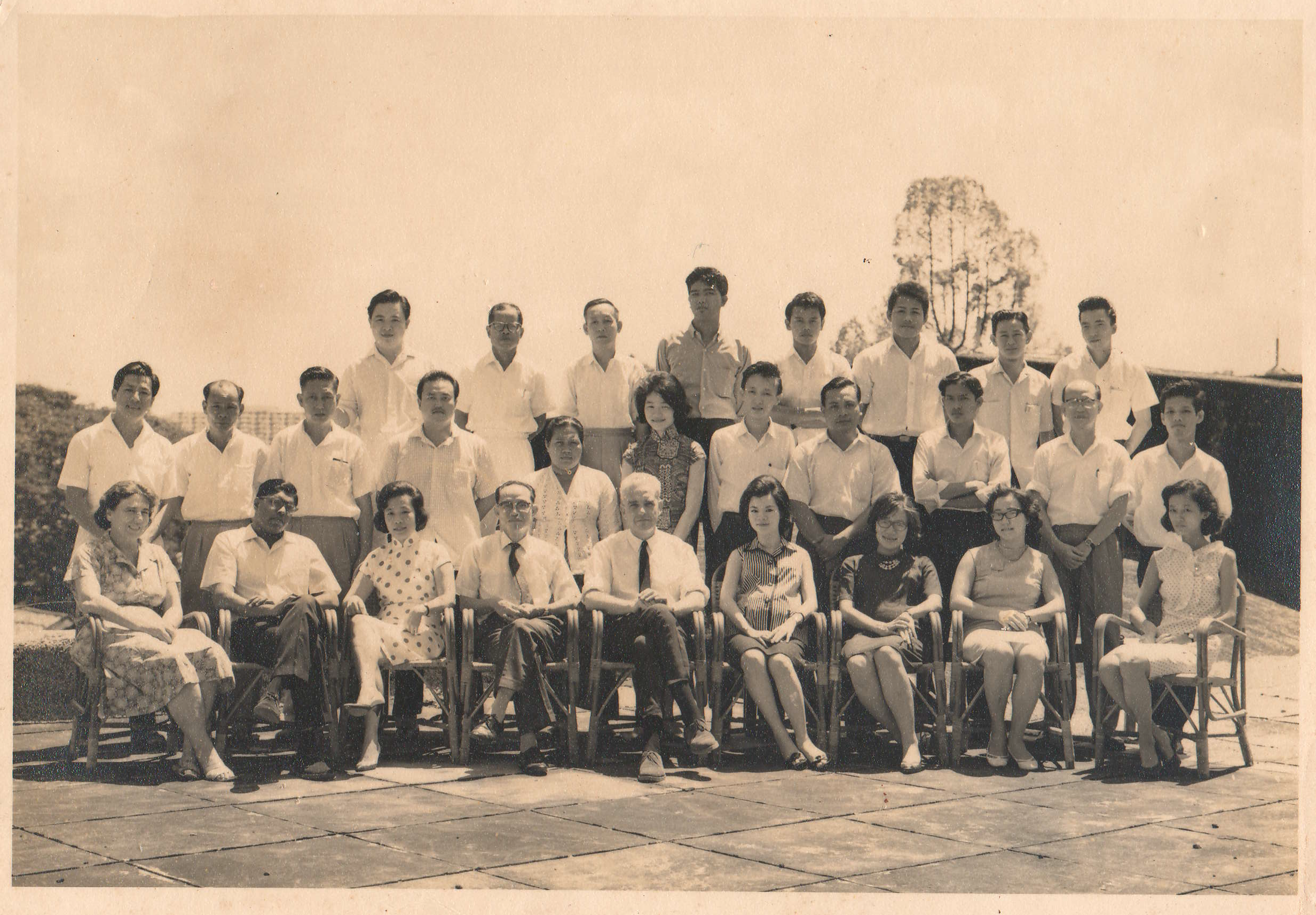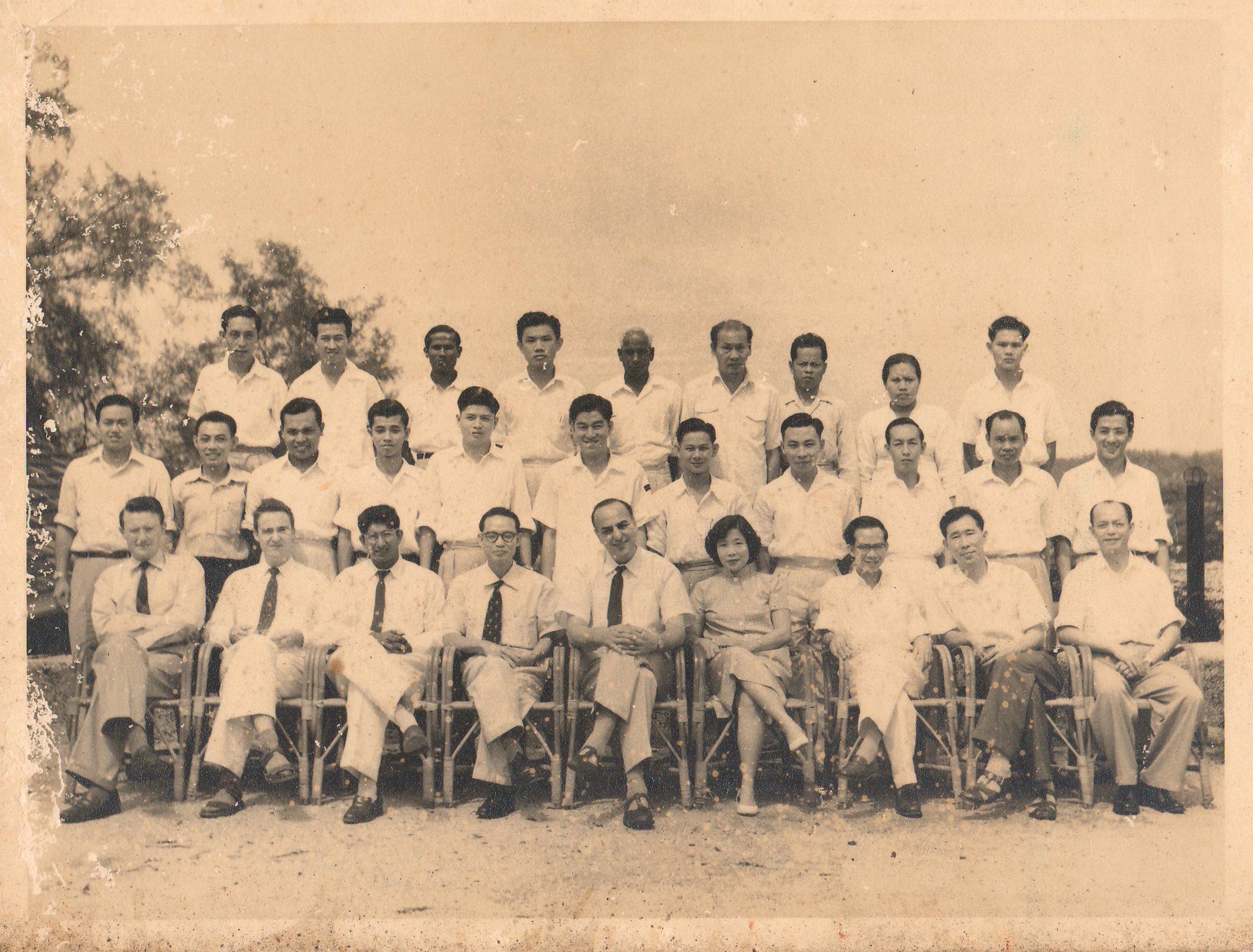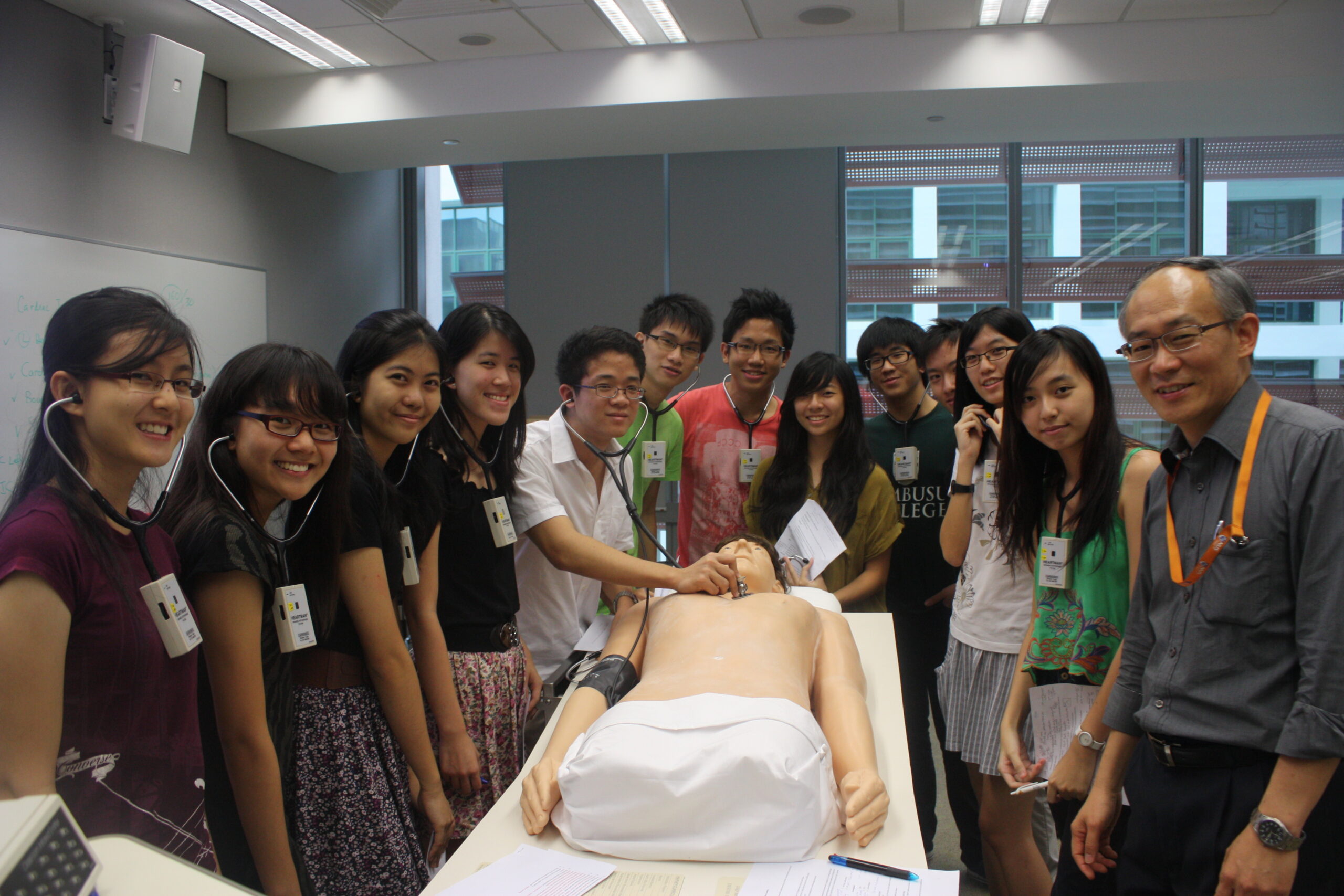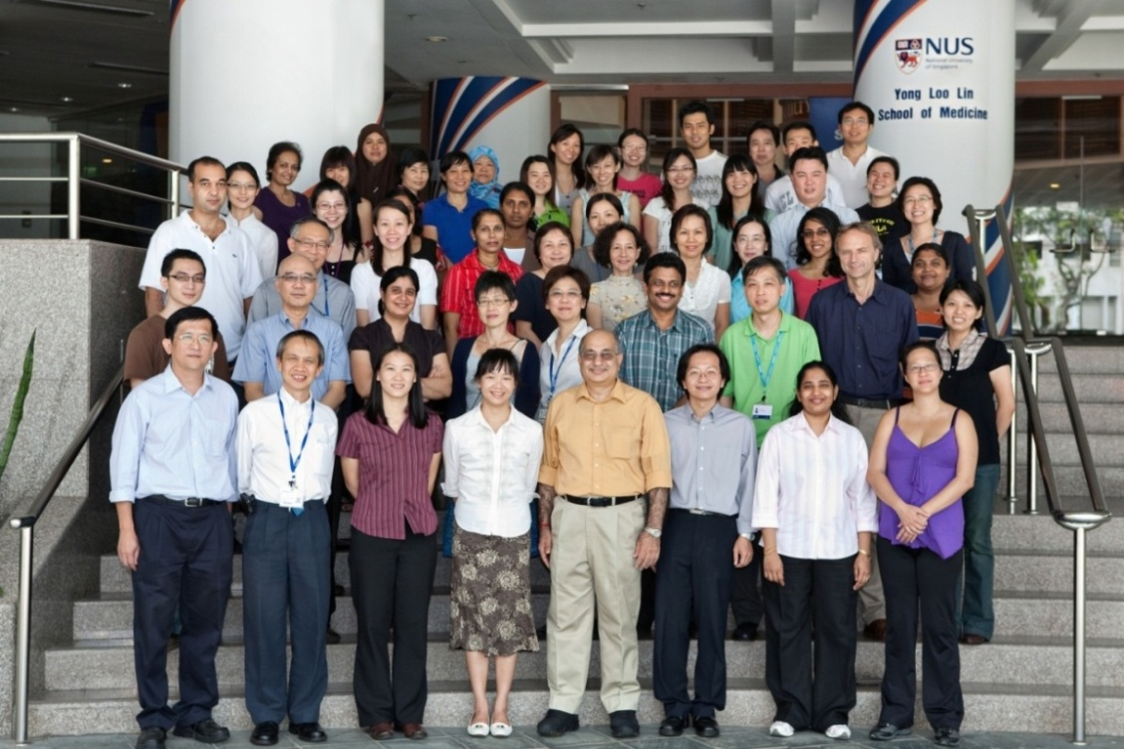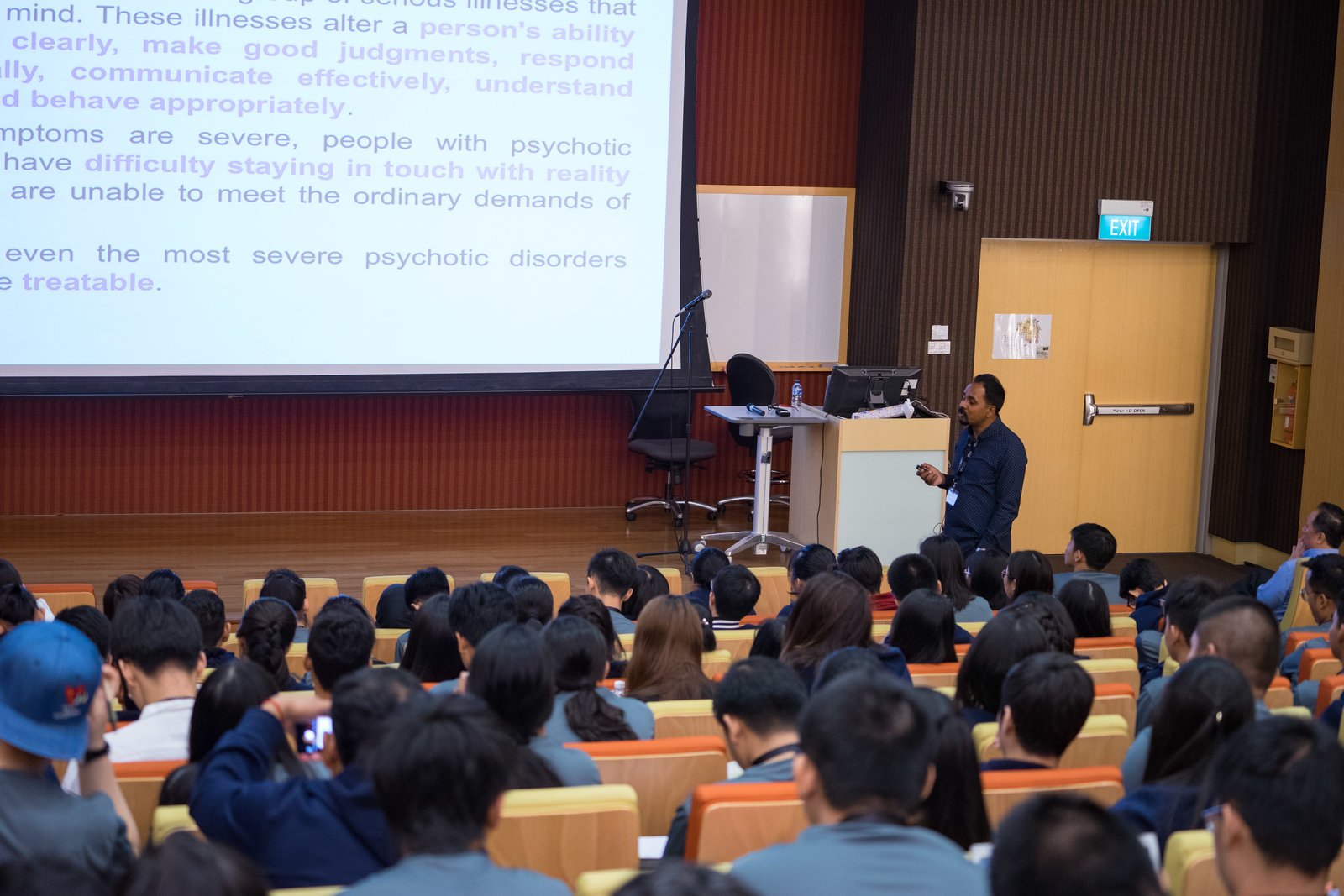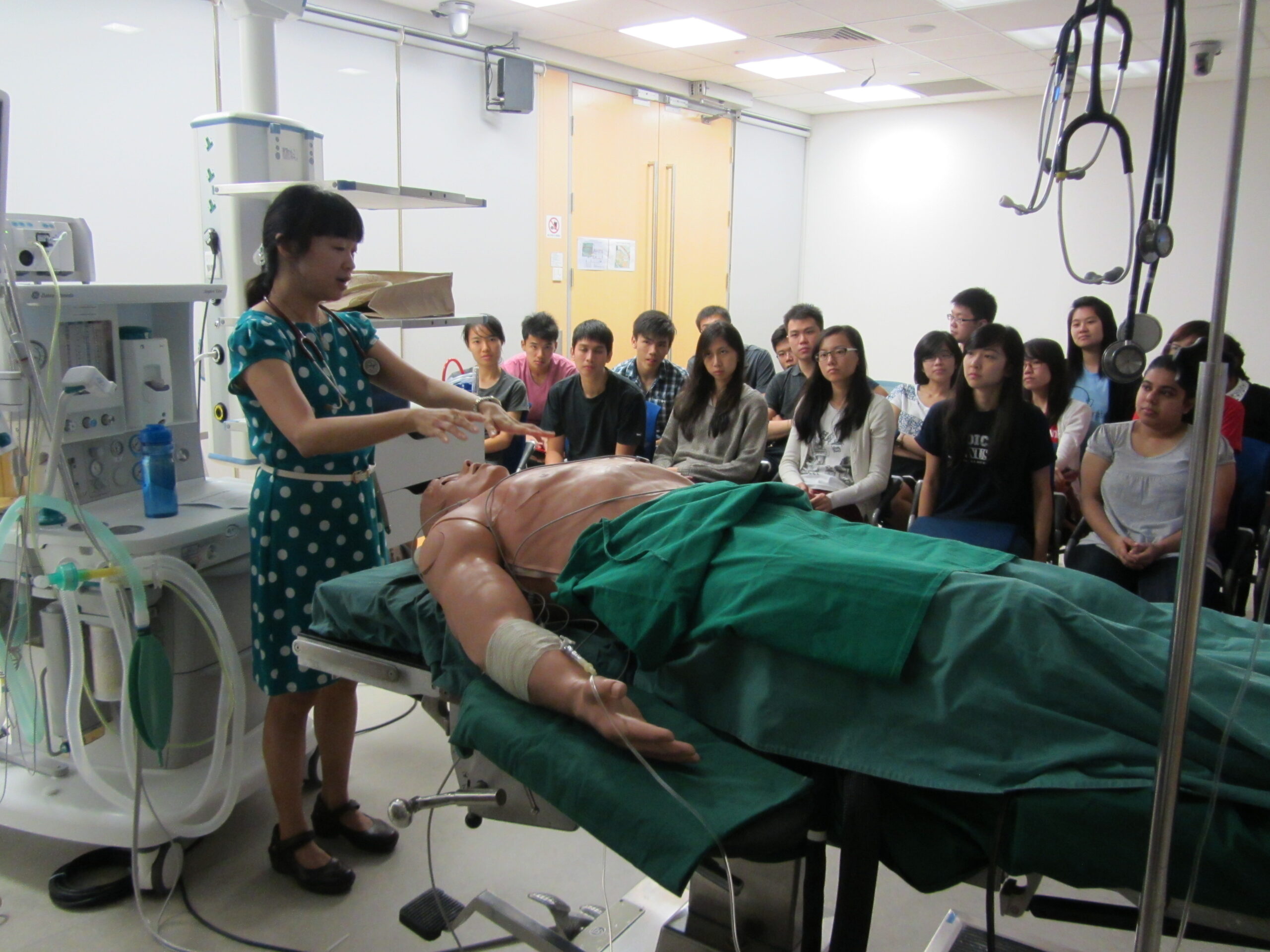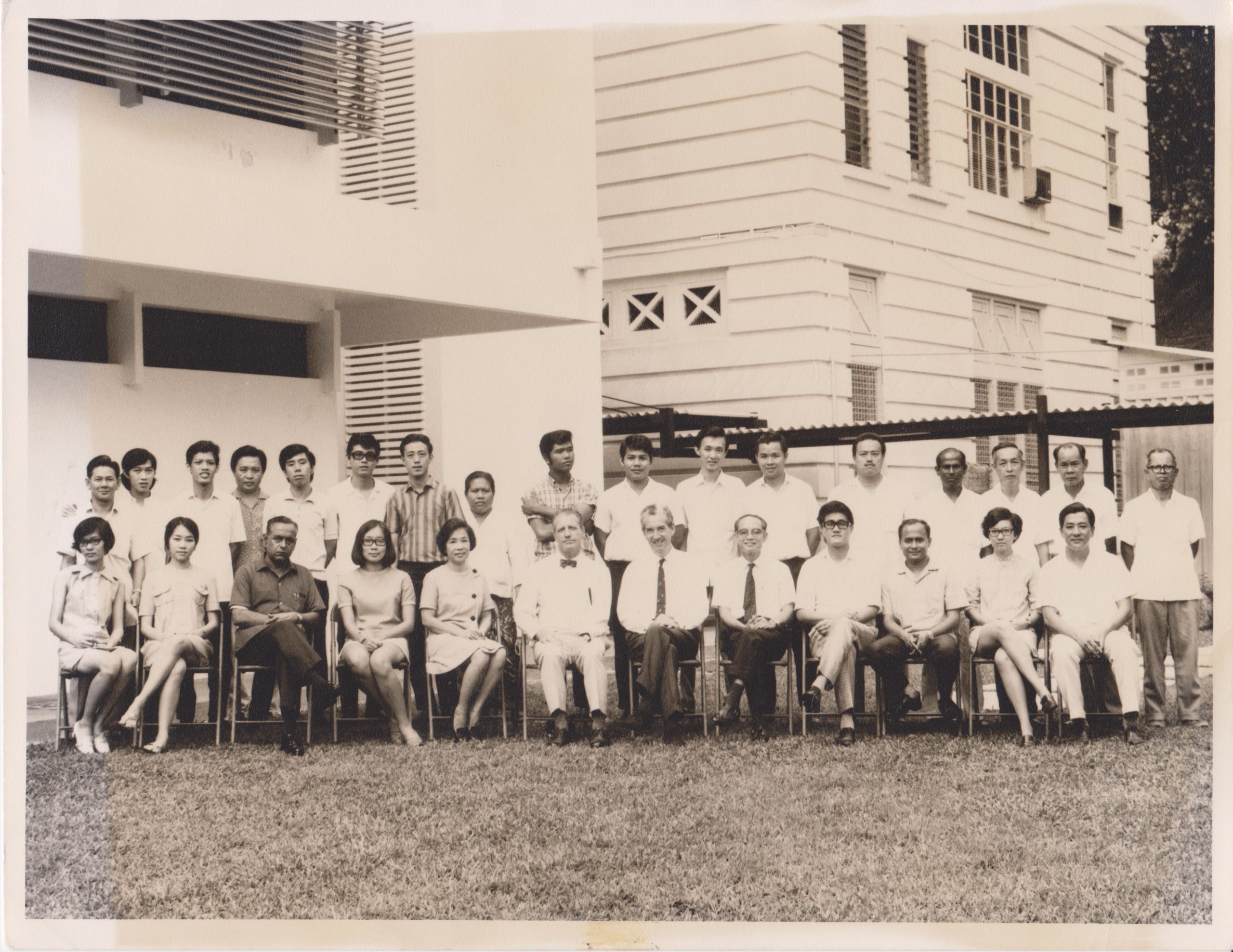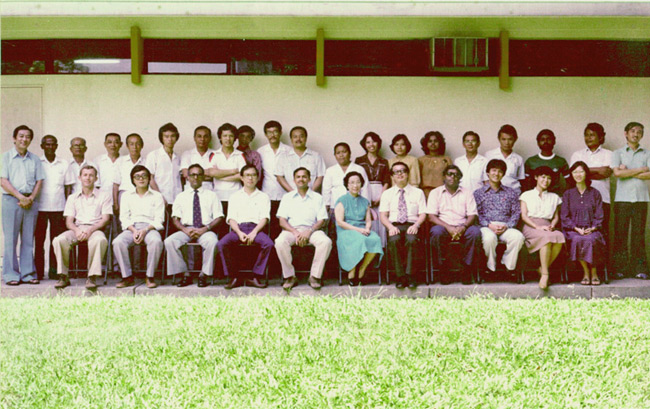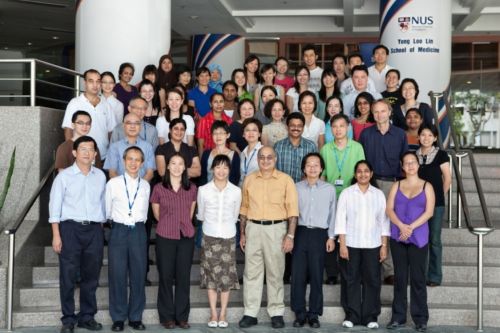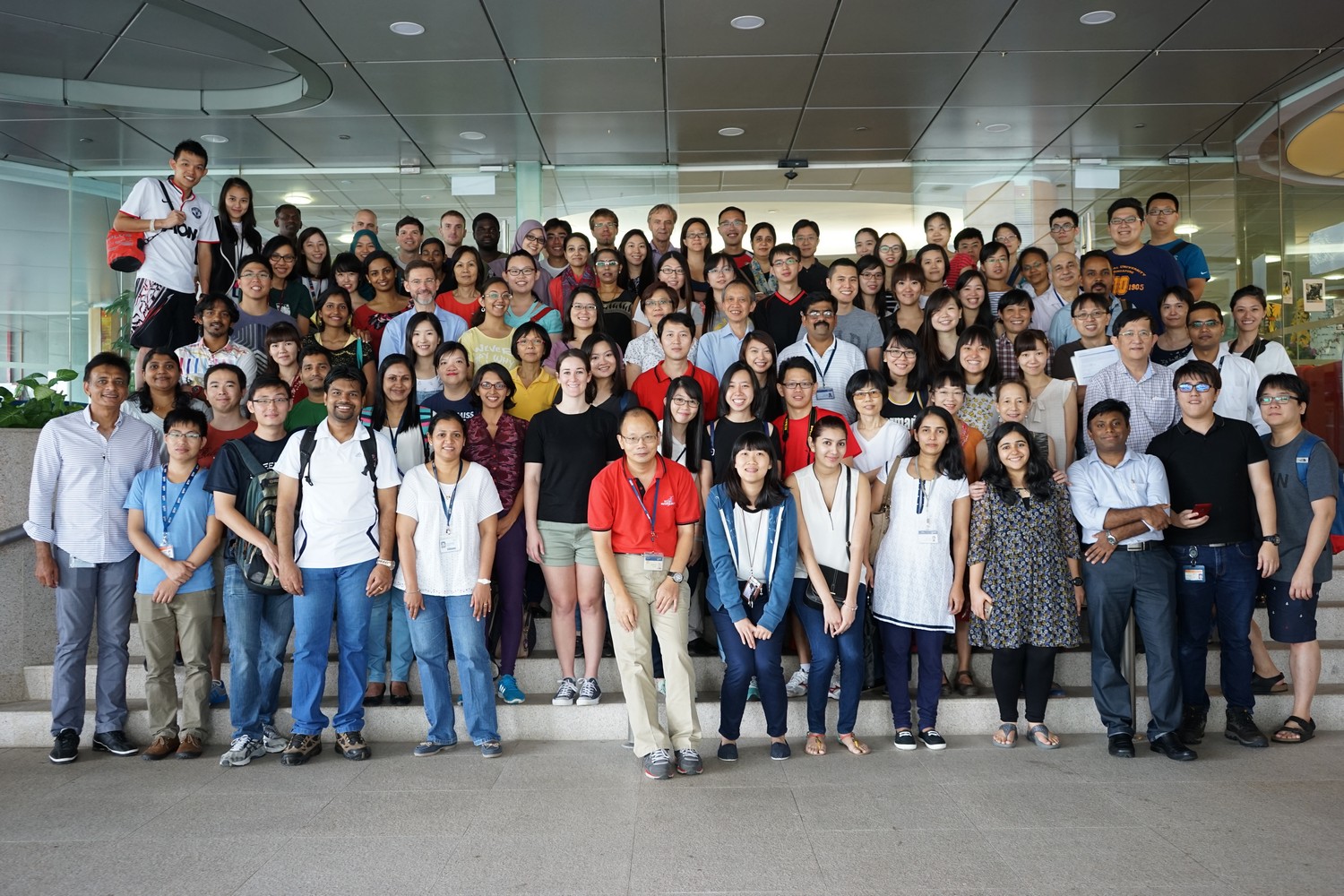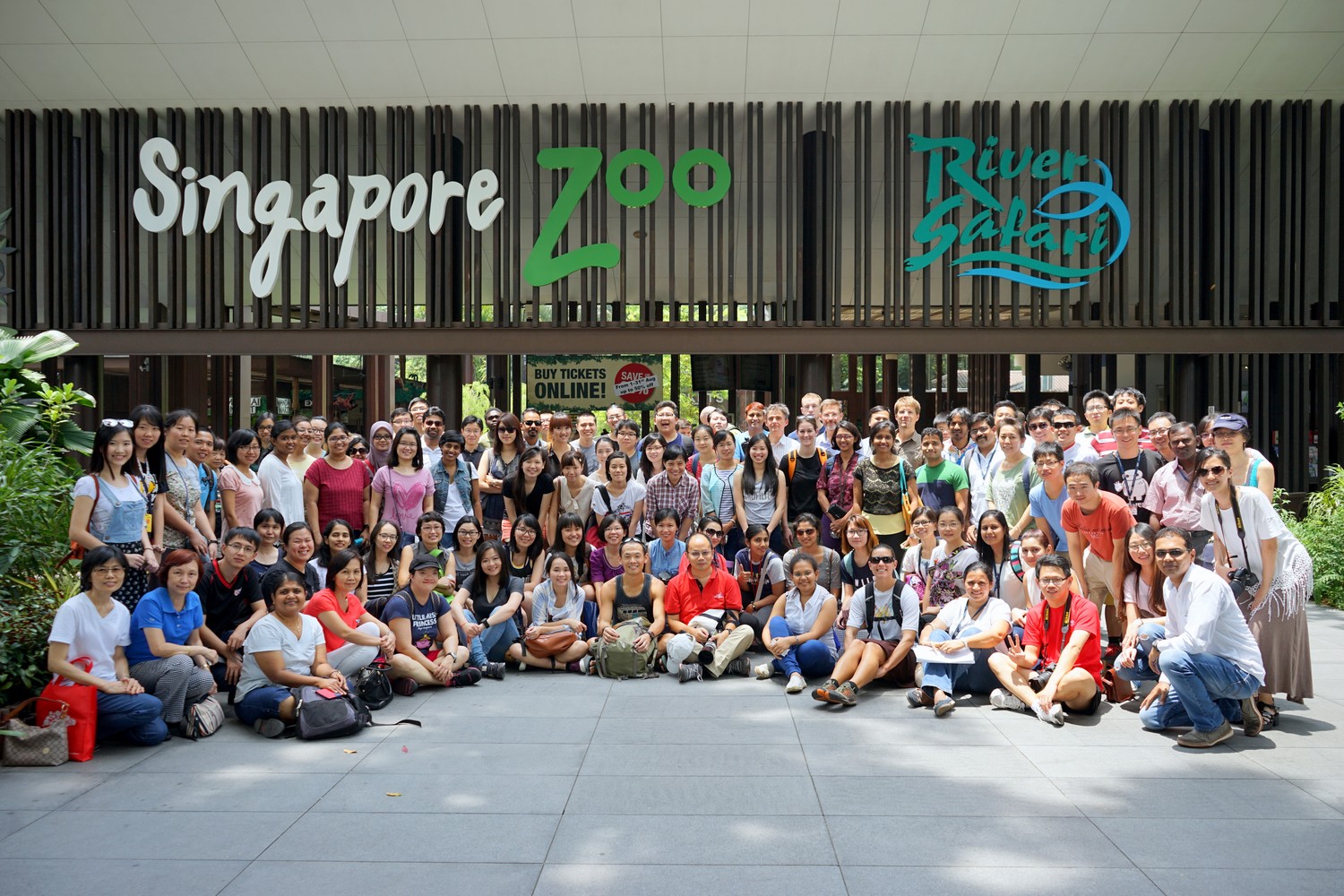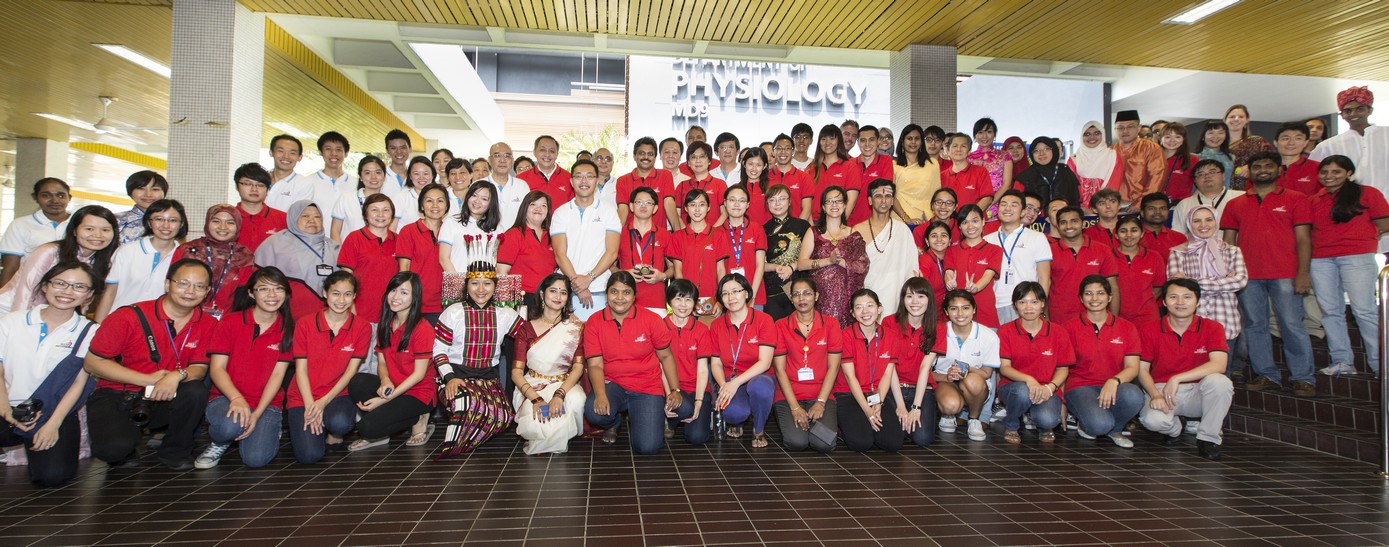Overview
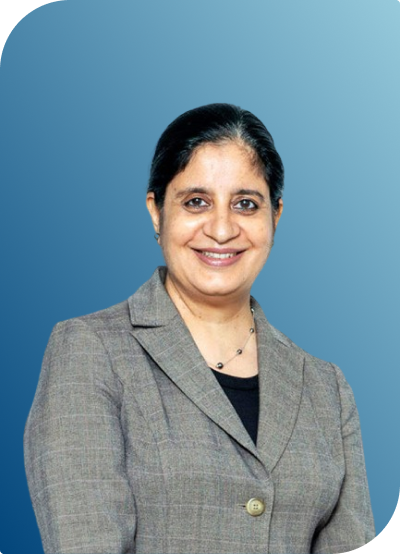
HOD's
Welcome Address
“Our department is home to a diverse and dynamic group of faculty members, researchers, and students who are passionate about advancing the field of physiology. We pride ourselves on fostering a collaborative and inclusive environment where high-quality education and cutting-edge research go hand in hand. Our faculty members are committed to mentoring the next generation of scientists and healthcare professionals.
We offer a comprehensive range of programs designed to equip our students with the knowledge, skills, and critical thinking abilities required to excel in their careers. Whether you are an undergraduate embarking on your first steps in the biomedical sciences, a graduate student pursuing advanced research, or a postdoctoral fellow seeking to deepen your expertise, our department provides the resources and support you need to achieve your goals.”
Professor Reshma Taneja (Head of Department)

HOD's Welcome Address
“Our department is home to a diverse and dynamic group of faculty members, researchers, and students who are passionate about advancing the field of physiology. We pride ourselves on fostering a collaborative and inclusive environment where high-quality education and cutting-edge research go hand in hand. Our faculty members are committed to mentoring the next generation of scientists and healthcare professionals.
We offer a comprehensive range of programs designed to equip our students with the knowledge, skills, and critical thinking abilities required to excel in their careers. Whether you are an undergraduate embarking on your first steps in the biomedical sciences, a graduate student pursuing advanced research, or a postdoctoral fellow seeking to deepen your expertise, our department provides the resources and support you need to achieve your goals.”
Professor Reshma Taneja (Head of Department)
Our Mission
To nurture a vibrant learning community, educating and advancing knowledge in Physiology towards health
Our Vision
Inspiring health for all through Physiology
Overview of Physiology Education at NUS
The National University of Singapore (NUS) boasts a rich history, with the Department of Physiology being its oldest department, marking the inception of physiology education in Singapore. Physiology education began shortly after the establishment of the Federated States Government Medical School in 1905. Recognizing the critical role of physiology in medical education, a lecturer specialising in Physiology was appointed in 1906. This was followed by the appointment of Professor James Argyll Campbell as the first King Edward VII professor and endowed Chair in Physiology in 1912.
Physiology education at NUS has evolved significantly over the years. Initially, teaching focused on the basics of normal function with minimal correlation to clinical application. However, by the 1970s, first-year medical students began visiting hospitals, tutored by clinicians to bridge the gap between basic physiology and clinical practice. Subsequent curriculum changes emphasized the integration of preclinical teaching with clinical relevance.
Physiology does not only cater to medical students but also to those in dental, pharmacy, and life sciences. The collaboration between the Department of Physiology, Faculty of Medicine, Faculty of Science, and Faculty of Dentistry ensures a comprehensive and integrated approach to teaching physiology.



Journey Towards Excellence in Education and Research

The Department of Physiology at NUS is committed to excellence in education. The educational arm has seen a significant emphasis being placed on the scholarship of teaching and learning (SoTL), prioritizing educational and pedagogical research within the department. Grants are provided to encourage education research.
To further promote SoTL and nurture the growth of young educators in the department, various initiatives are in place. Some of these include a mentorship program, encouraging presentations and facilitation of workshops at education conferences, publishing peer-reviewed research articles, and active participation in professional development workshops.
The department continues to play a vital and impactful role in mentoring and coaching UROPS, FYP, MSc, PhD, and medical students. This dedication to educational excellence ensures that NUS physiology graduates are future ready learners who are well-equipped with both impeccable theoretical knowledge and proficient practical skills.
Faculty members are affiliated with various Translation Research Programs (TRPs) in the school that oversee research in different areas such as cancer, cardiovascular and metabolic diseases, digital medicine, healthy longevity, infectious disease and immunology, human potential among others.
Community Engagement and Continuing Education
The Department of Physiology at NUS has initiated several outreach programs. Notable among these is the Brain Camp for secondary school students, designed to spark interest in the field of physiology from a young age; and organization of the Elsinore summer school between NUS and the University of Copenhagen. Various international conferences are organized each year in different disciplines including our flagship symposium on ‘Models of Physiology and Disease’.
Additionally, recognizing the importance of public education and lifelong learning, the department offers several Continuing Education and Training (CET) courses which ensures ample opportunities for the upskilling of professionals and the general public on the current advancements of knowledge and skills in physiology.
As the Department of Physiology at NUS continues its journey, it remains steadfast in its commitment to excellence in education and research, fostering a dynamic environment where both areas complement and enhance each other. This approach not only advances the field of physiology but also prepares future generations of scientists, educators, and healthcare professionals.


History over 119 Years
